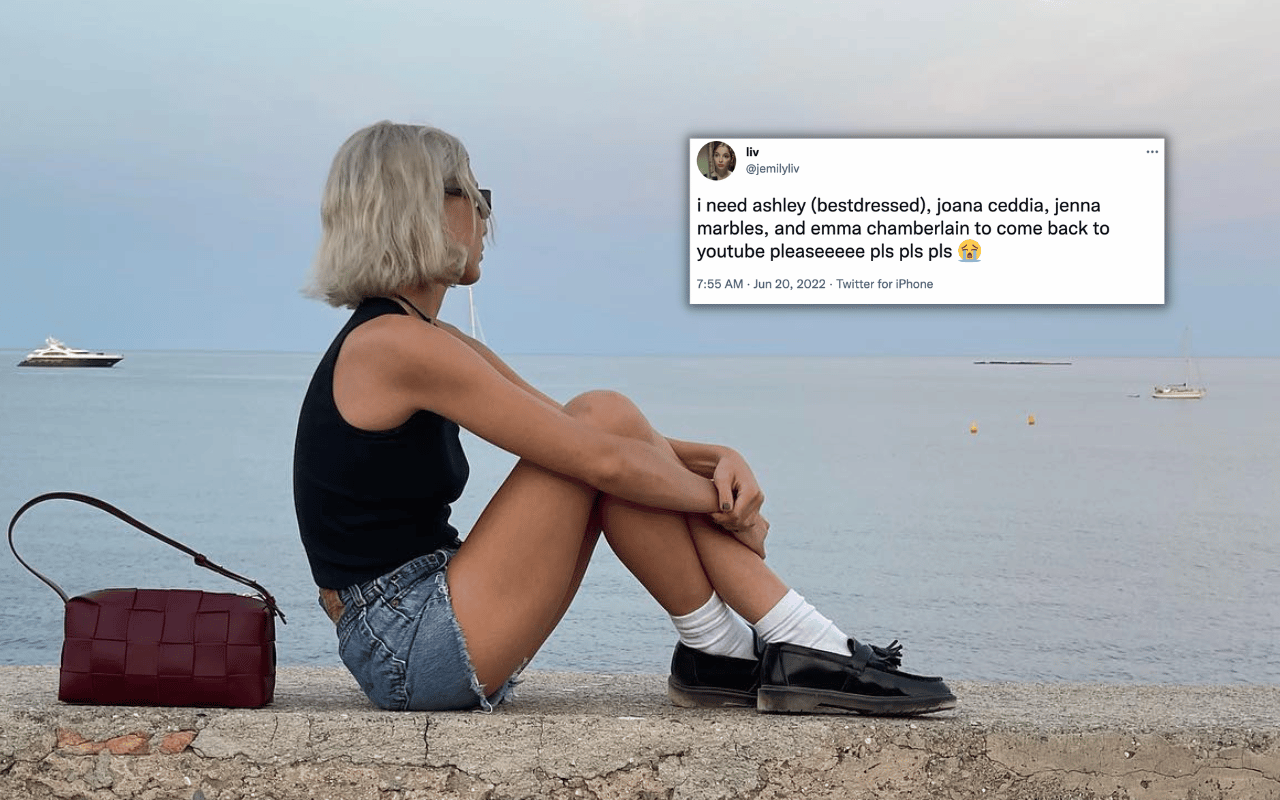
It’s no secret that Gen Z uses social media differently from older generations.
From creating Facebook albums of trips abroad and nights out to posting over-produced and edited pictures on Instagram, Millennials grew up using social media as a form of escapism. And as the first generation of digital natives, older Gen Zs followed suit. Sharing carefully-curated photo dumps and posting only the most aesthetic pictures to their Instagram stories, many Gen Zs behaved like small-scale influencers. But after growing up in a media space plagued by cancel culture, misinformation and virtually no opportunity for anonymity, it seems Gen Z is starting to replace performance for privacy.
As Kaitlyn Tiffany writes for The Atlantic, “The youngest adult generation and the most online generation is frustrated with being surveilled and embarrassed by attention-seeking behaviours.” Taking a moment to consider some of Gen Z’s favourite social media applications only proves Tiffany’s point.
Discord, a voice and text-chat app where communities of users congregate around niche interests, is known for a culture of anonymous discussion. On BeReal, the photo-sharing app that gives users two minutes to share a candid snap of their face and their surroundings, “profile” pages only show a username, an icon and mutual friends. Unlike Instagram, only you can see your previous posts, which the app calls “memories.” With Gen Z embracing social media applications that protect your identity and limit shareable content, “we’ve arrived at a new era of anonymity, in which it feels natural to be inscrutable and confusing,” Tiffany explains.
Even Gen Z influencers – some of the most public figures in the viral space – have led the charge for a sense of privacy, anonymity and mystery on social media.
Gen Z content creators are taking a step back from social media
From Best Dressed (a.k.a Ashley Rous) to Joana Ceddia, we have seen some of Gen Z’s favourite YouTubers “leave” their social media platforms over the past few years. As many of these influencers step back during what seems to be the height of their careers, many of their followers are left wondering; why?
i need ashley (bestdressed), joana ceddia, jenna marbles, and emma chamberlain to come back to youtube pleaseeeee pls pls pls 😭
— liv (@jemilyliv) June 19, 2022
In a recent video titled “why do the ‘it girls’ quit?” vlogger Nicole Rafiee attempts to answer this question. Focusing on Gen Z’s golden girl Emma Chamberlain, Nicole explains how authenticity conflicts with privacy on social media. As every part of the viral space becomes commodified, something as simple as giving a creator’s video a view or using their discount code breeds a sense of entitlement among viewers.
“We detach creators, especially women, from being human beings. They owe us something, especially if we have helped them build their success…If we gave them that, then they owe us something in return,” Nicole goes on to say.
As Emma monetises her content through brand deals and new business ventures, her followers almost expect unfiltered access to her personal life. This pressure only intensifies with creators, like Emma, who rise to viral stardom for sharing the good, bad and the ugly online. After taking a 6-month hiatus and making her return to YouTube last week, Emma is undoubtedly becoming more strategic with the type of content she shares with her viewers.
Since the birth of influencer culture, social media users have capitalised upon their personality and beliefs for viral stardom. However, along the way, young people have forgotten “how good it feels to be no one in particular, or to try on various identities,” Tiffany explains. As creators start prioritising privacy, this dynamic seems to be slowly changing. With Gen Z influencers setting the tone for how social media users engage with the viral space, it isn’t surprising that younger people are starting to mimic their favourite creators in their pursuit of anonymity online.
The dark side of anonymity on social media
While privacy comes with a sense of freedom and flexibility, anonymity in the viral space is a double-edged sword, often encouraging trolling and the spread of misinformation. Internet users who hide behind faceless profiles feel a disconnect between themselves and their online persona. With this, a sense of anarchy comes to dominate social media platforms, creating a dangerous environment for Gen Z.
Scrolling through our favourite influencers’ comment sections, we have become accustomed to finding an onslaught of hate comments from anonymous profiles. Previously, the average social media user has not had to endure the same level of criticism.
However, with TikTok’s algorithm allowing almost anyone to go viral, the short-form video app has essentially democratised online stardom. With the ability to accidentally go viral emerging alongside Gen Z’s pursuit for anonymity, young people face unprecedented levels of hate on social media – I mean, who could forget the fallout from the #CouchGuy phenomenon?
While anonymity is not the only factor driving extremism and misinformation online, it certainly changes the dynamic between internet users. So, the question is; will Gen Z be able to strike a healthy balance between privacy and freedom online? Only time will tell.

